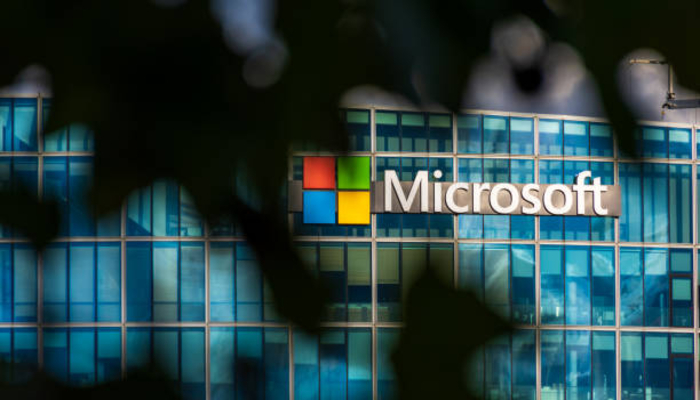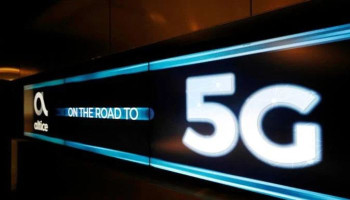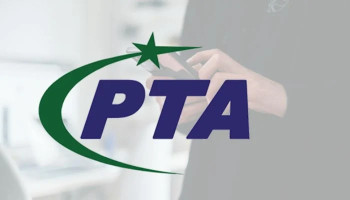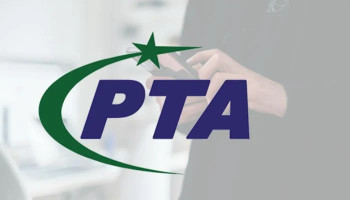
Microsoft earlier this year pulled the curtain off its innovative Recall AI feature which is yet to roll out.
Despite possessing immense capabilities of storing a hefty toll of screengrabs and then sifting through a myriad of content in them upon user's request to filter out the desired piece of information, it's been revolving around a controversy: experts beware users of security loopholes inherent within the tool.
As per security experts, the feature was more likely to be a soft target for hackers to steal Windows user's private data and browsing history.
Heeding to this predicament, the tech giant will now require Windows users to input and authenticate their biometric identities via Windows Hello every time they access the feature, according to PC Mag.
With the new privacy policy in effect, Microsoft's new Recall AI feature will not take screenshots of users' private information, like name, address, Social Security number, or credit card info, said Microsoft EVP and Consumer CMO Yusuf Mehdi.
Moreover, other exceptions for the screenshotting feature include health or financial websites. Snapshots will now be saved on-device, meaning they won't be shared with any of the Microsoft servers or data centres.
While sensitive information can be filtered out, but that too can be done away with by turning off the "filter sensitive info" toggle.
With a single button click, users of the Recall AI feature can now choose to delete screenshots of the past hour or of a user-specified period.
In separate announcements, Microsoft claimed users can also filter out specific apps or websites.
















